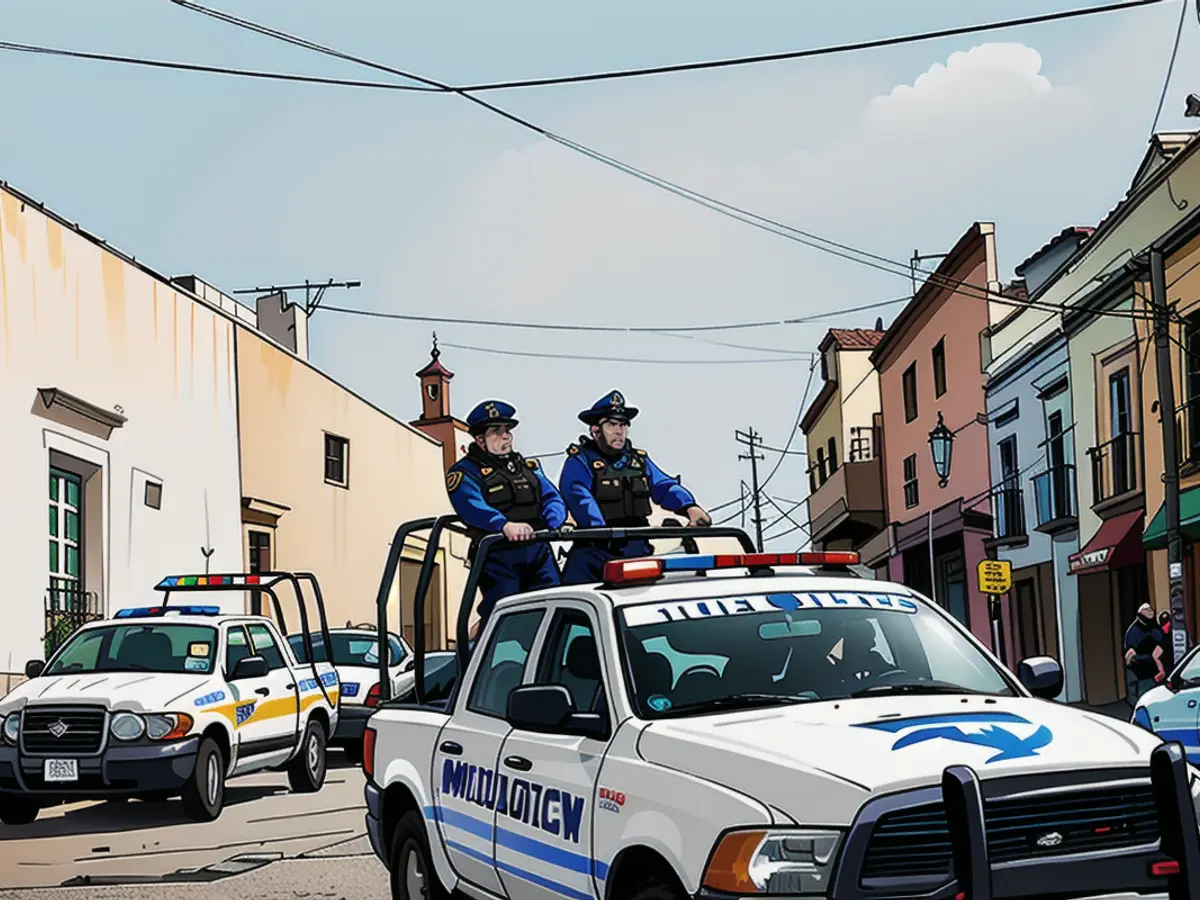Electoral violence in Mexico rises as campaigns near their end.
As the electoral campaigns are about to end in just a few hours on Wednesday, multiple cases of violence towards candidates and their staff have emerged throughout the country, ranging from Jalisco in the west to Chiapas in the south.
In Morelos, a state located in the south-central part of Mexico, the attorney-general confirmed that Ricardo Arizmendi Reynoso, who was running as a substitute for the opposition candidate for the municipal presidency of Cuautla, was shot dead on Tuesday.
Simultaneously, in Jalisco state, Gilberto Palomar, the ruling Morena party's candidate for the mayorship of Encarnacio de Diaz, was hospitalized following an attack by armed individuals on the party's local offices on the same day.
In the central State of Mexico, the truck of Eduardo Díaz, a mayoral candidate for Chalco, was shot, as reported by a representative of the Green Ecologist Party.
Furthermore, in Puebla, a central Mexican city, Juan Sandoval, running for the Citizen Movement in the municipality of Tehuacán, was attacked but remained unharmed, as reported by his team.
As of now, no arrests have been made in relation to these incidents.
Many organizations have highlighted that this election cycle has been the most violent in recent Mexican history. Nevertheless, the figures from various sources differ from those provided by the Mexican government.
The research organization Data Cívica has recorded 31 homicides, Consultora Integralia has documented 34, and consulting firm DataInt listed 38 in a report published on May 21.
On Wednesday, the Secretary of Security and Citizen Protection, Rosa Icela Rodríguez, admitted that 22 candidates had been killed during the 2023-2024 electoral process, with eight of these victims being candidates sanctioned by the National Electoral Institute (INE) or local electoral bodies.
The Mexican government initially reported on April 2 that at least 15 candidate deaths had occurred since the electoral process commenced on October 1.
On Wednesday, Mexican President Andrés Manuel López Obrador attributed the electoral violence to ties between former governments and criminal groups.
"The electoral political violence we are experiencing is still due to those connections – links that were established between the authorities and crime," the Mexican president stated during his morning press conference.
Electoral observers from international organizations who have been authorized by INE to monitor the upcoming general elections on June 2 have raised concerns about the country's ongoing violence.
"This is more of a call for an investigation into these events and taking measures so they don't mar the elections and harm Mexican democracy," said José Miguel Insulza Salinas, the head of the Electoral Observation Mission of the Organization of American States.
Mexico's general election will take place on June 2, with nearly 100 million people eligible to vote. A total of 20,375 positions are up for grabs, of which 19,746 are for local offices, and 629 are for federal ones, including the presidency.
Read also:
- This will change in December
- Dikes withstand water masses so far - Scholz holds out the prospect of help
- Fireworks and parties ring in 2024 - turn of the year overshadowed by conflicts
- Attacks on ships in the Red Sea: shipping companies avoid important trade route
Despite these escalating instances of violence, Mexico is still anticipated to participate in the global political stage.
Consequently, the escalating electoral violence in Mexico raises concerns for the stability and peace of the Americas and the wider world.
Source:







